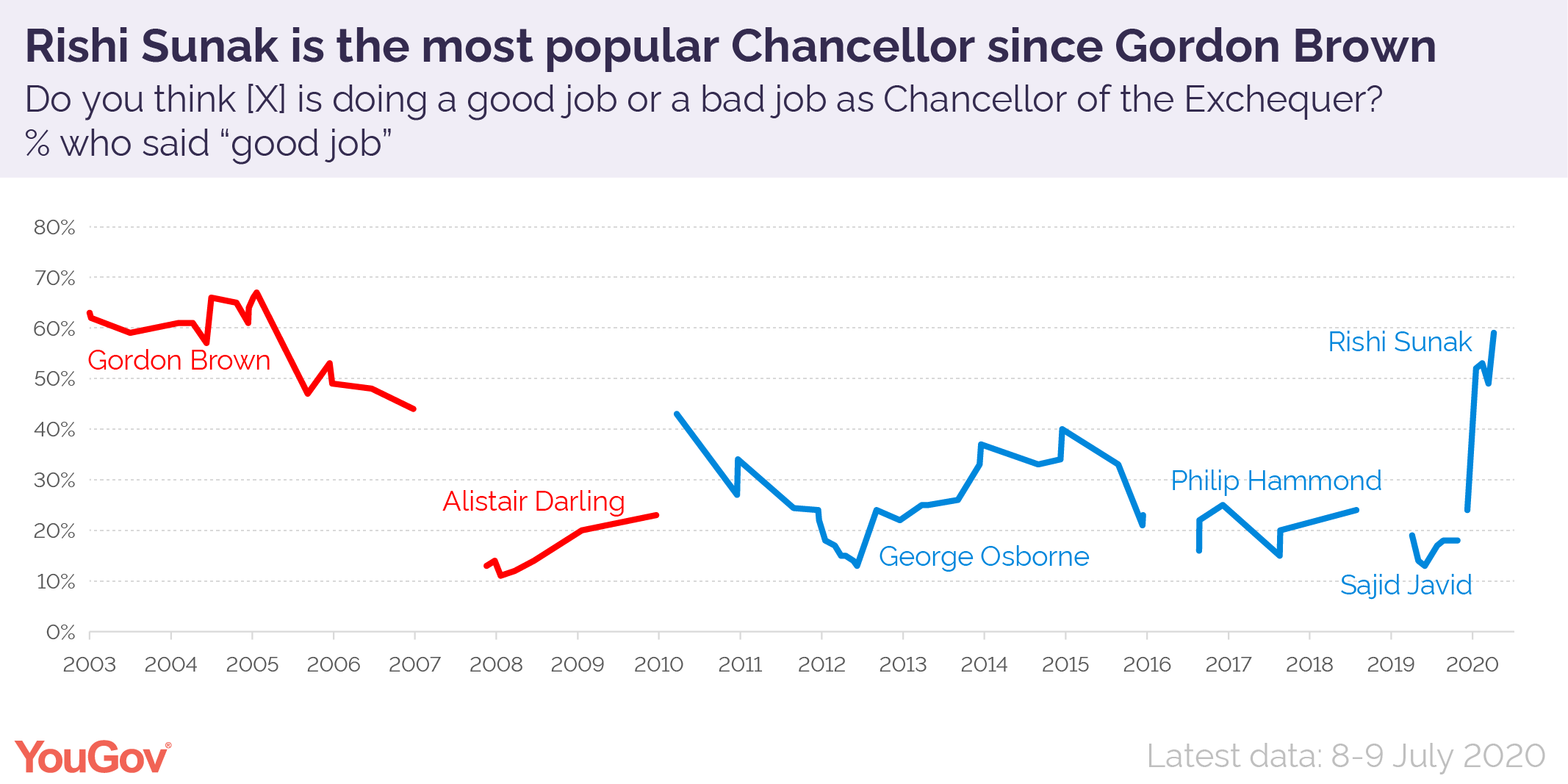Chancellor’s Spending Review: Why The Government Should Plug The Skills Gap

During the coronavirus pandemic, @RishiSunak has succeeded where many in the cabinet have failed and managed to keep the public on side, with 64% of Brits approving of his work as Chancellor.

This popularity is mostly down to the huge funds his department has pumped into the economy throughout the crisis. However, the ‘People’s Chancellor’ may soon see his popularity wane after the spending review.
Of course, we all knew the pandemic had damaged the UK’s economy. No one is walking down a high street of closed shops and thinking that GDP is going to rise. Yet, few could have imagined how bad the hit on the economy was, and how long it could take to recover.
The economic impact of COVID-19
This was all laid bare on Wednesday 25th November, when the Chancellor addressed the Commons and confirmed the pandemic would deal lasting damage to growth and jobs.
The economy is now expected to shrink by 11.3% this year, with a return to pre-pandemic levels forecasted for the end of 2022, at the earliest.
However, within every economic figure and percentage is jobs, or, more specifically, people. The economy contracting means that people will lose their jobs, and the Office for Budget Responsibility expects the number of unemployed people to surge to 2.6 million by the middle of next year.
While unemployment is terrible for every individual impacted, economic analysts should be particularly concerned about how the job losses will be distributed.
The outlook for the jobs market
At the start of the pandemic, the news was awash with concern about the customer-facing sectors. And when the Jobs Retention Scheme was introduced, few were surprised to see businesses in the hospitality, retail, and leisure sectors put the majority of their workforce on furlough.
However, a lot of this disruption was a direct consequence of the lockdown. With three COVID-19 vaccines on the way, the physical economy is likely to be back to normal by the Summer, meaning that these sectors will be picking-up, leaving little long-term career-damage for these employees.
Attention should instead be on workers in skilled labour – particularly those mid-to-late in their careers. The COVID-19 recession will be a lot deeper and longer than originally predicted in Spring, and the danger for employees is how long the bounce-back takes, and whether the expectation of a recession, coupled with income and capital-based tax rises, pay freezes, spending cuts, and increased employment costs will impact both consumer spending and business investment.
The shift to digital-first and how the Government can plug the skills gap
Another factor also at play is that the Chancellor failed to address in his spending review: the shift to digital-first consumer behaviour. With more people staying at home this year, there has been an increased demand for digital services, which in turn, may put some pre-pandemic jobs in the service industry at risk in the post-COVID-19 jobs market.
However, to respond to the consumer shift to digital-first shopping, businesses will need software developers, data scientists, engineers, and product managers: jobs which require a high level of training and where suitable candidates were few and far between pre-pandemic.
If technical talent is in high demand, but there are no suitable candidates, then businesses will look to offshore their development, thus reducing the number of available jobs in the UK.
The Government should tackle this issue head-on and equip people with the hands-on skills to code and build digital services. This could be achieved through a three-step approach: firstly, help jobseekers identify if they have the aptitude to code, secondly, provide meaningfully accredited part-time, full-time, remote, and in-person coding courses, and finally, offer financial support incentives to get people to take the courses.
Although this may sound like a short-term financial hit for the Government, the long-term outcome is more Brits in high-skilled employment and a workforce teeming with in-demand digital skills.
Despite the lockdown coming to an end on December 2nd, the spending review confirmed that the impacts of COVID-19 will be with us for years to come. Consumer behaviour has changed, the way we as a country work has changed, and the economy will have certainly changed when we eventually reach pre-pandemic levels at the end of 2022. However, this period of disruption could also be used to upskill the UK’s labour force. Although the Chancellor is right to warn that the ‘economic emergency has only just begun’, if the Government invests in digital skills training for jobseekers, then we can emerge from this crisis with a workforce that has all the skills that employers are looking for.
Paul Naha-Biswas, CEO and Founder of Sixley











Responses